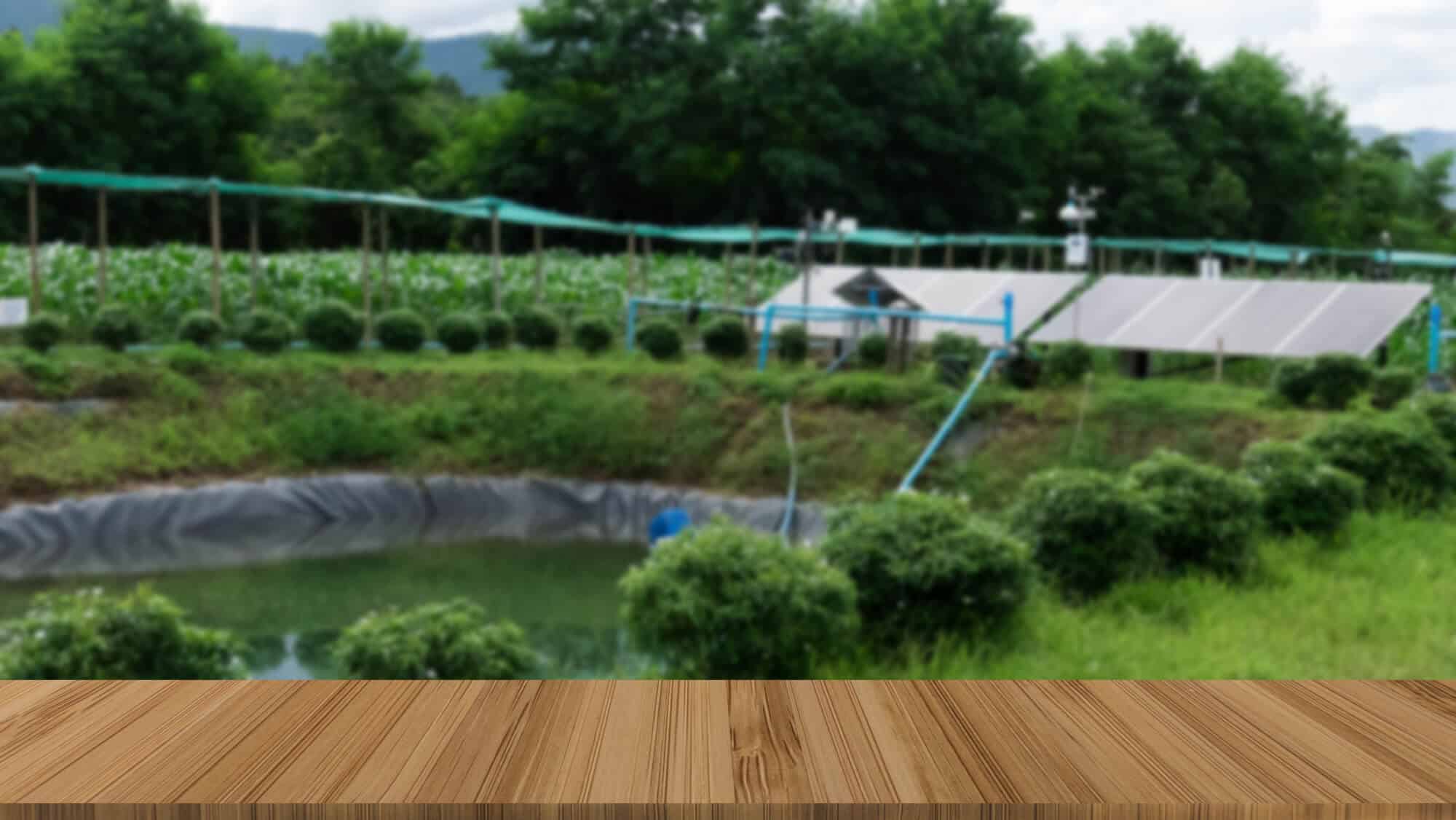The Ministries of Energy and Agriculture are launching a first-of-its-kind program to optimize the use of agricultural land and integrate clean electricity production, accompanied by research to examine the effects on agricultural production. According to estimates, this is a total area of about 2,000 dunams

More than 130 sites for the establishment of pilots that combine research and development and examine the combination of agricultural cultivation and solar electricity production were recommended yesterday (Tuesday) for promotion by the subcommittee of the National Planning and Construction Council (NPC).
The scope of the program is approximately 17 million NIS for 2022: 14 million to be allocated from the Ministry of Agriculture, and another 3 million from the Ministry of Energy.
This is a first-of-its-kind, ground-breaking program to optimize land use, which will help meet clean electricity production goals, while examining the impact on agricultural production capacity. This is a total of about 2,000 dunams for the promotion of the research examination.
The pilots will enable the deployment of facilities for the production of solar energy in agricultural plots throughout the country, with different technologies and a variety of agricultural crops, within the framework of TMA 10/d/15 and will be accompanied by the supervision of the chief scientist at the Ministry of Agriculture and Rural Development.
This is an essential step promoted by the Ministries of Energy and Agriculture as part of the government's decision to increase the target for electricity production from renewable energies to 30% in 2030, while maintaining the continued output of productive agricultural produce in those areas and optimizing the use of agricultural land, and following the many steps and the extensive effort of the ministries to switch to electricity production Clean as a tool to deal with the climate crisis, to promote sustainable agriculture, and to enable an additional source of income for Israeli farmers.
An agro-photovoltaic facility is an electricity production facility using solar technology, which integrates agricultural activity throughout the life of the facility. The success of the combination is conditional on establishing conditions that will allow the agricultural crops to exist and maintain the crop and its quality. For this, the accompanying agricultural research is required.
At the same time, the Ministry of Energy is leading a planning policy document to promote the planning of agro-voltaic production with other government ministries, and following this, a national outline plan for agro-voltaic production will be promoted for all the projects that will be established in the field in the coming years, which will regulate the principles of planning and regulation of the subject.
In the next step, the plan will be discussed in the National Council for Planning and Construction, in order to transfer the plan for comments and conclusions.
More of the topic in Hayadan:
- The Triangle Regional Research and Development Center will lead a 5.5 million Euro research project in the Horizon-Europe program
- A solar panel cleaning robot will improve electricity output
- Potatoes alongside solar energy
- Hebrew University researchers have succeeded in improving the function of solar cells
- Floating solar photovoltaic systems

One response
Great... NIS 17 million for 130 sites. It's NIS 130 for the website. High level science...